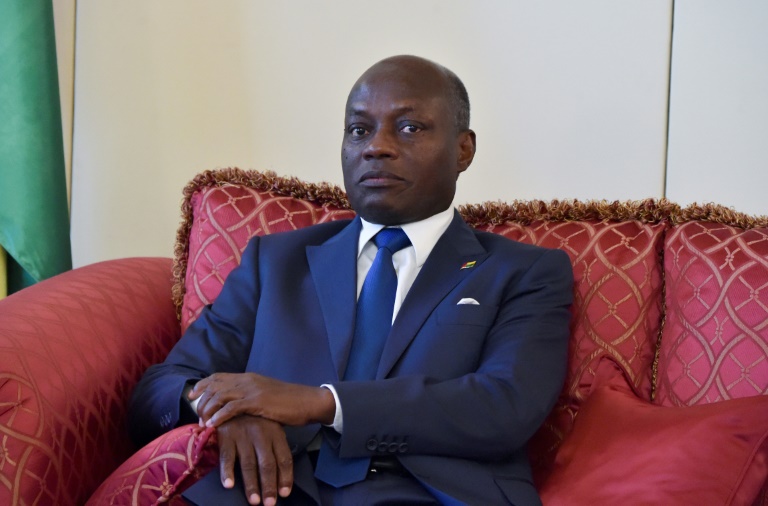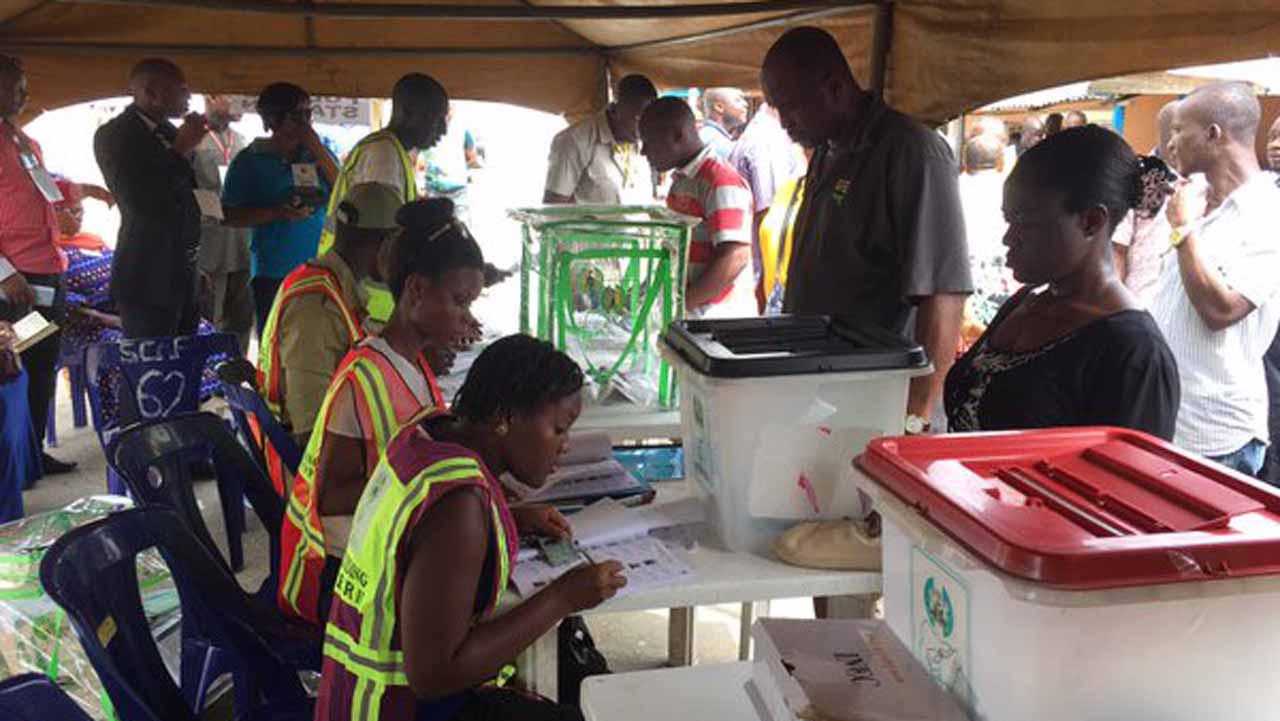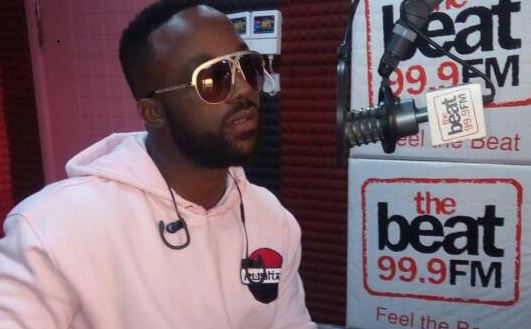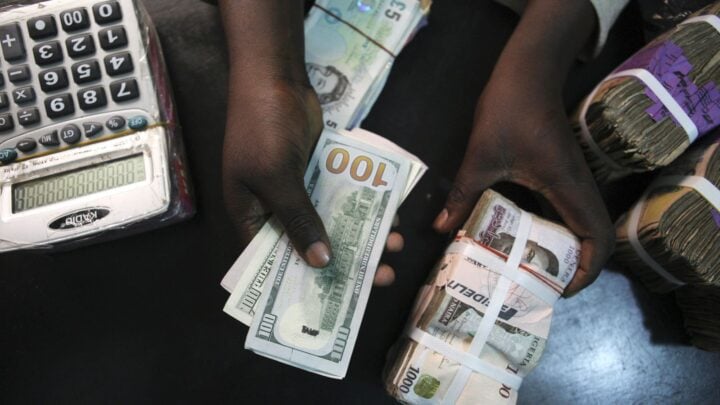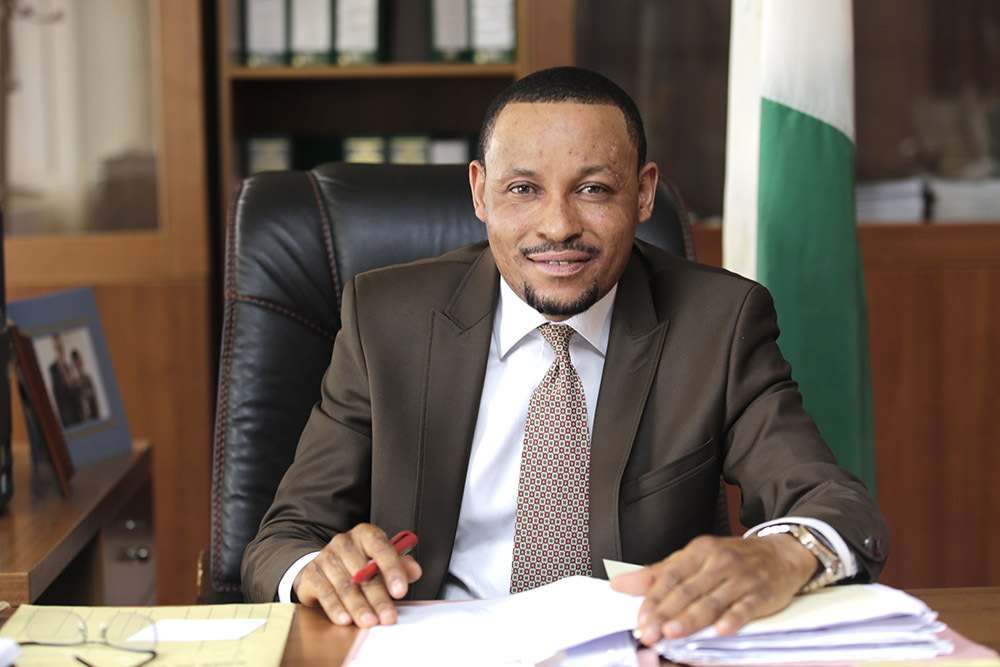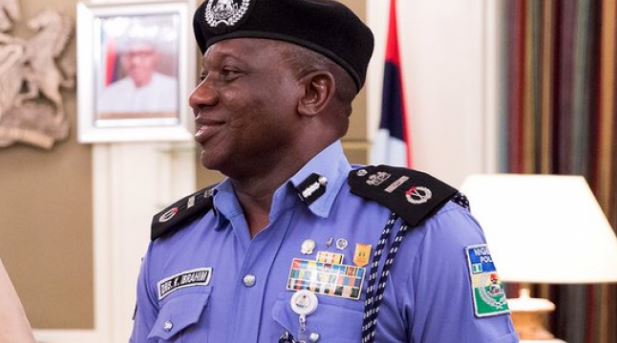ECOWAS has imposed sanctions on 20 Guinea-Bissau politicians and businessmen, including travel bans and asset freezes, accusing them of undermining efforts to resolve a prolonged political crisis.
The sanctions were prompted by President Jose Vaz’s nomination of Augusto Antonio Artur da Silva to the post of prime minister, in violation of a 2016 ECOWAS-brokered deal.
Under the ECOWAS deal aimed at ending the impasse, Vaz was to name a prime minister agreed by consensus with the rival faction, which is headed by former prime minister Domingos Pereira.
Among those targeted by the sanctions were members of Vaz’s parliamentary faction as well as his son, Emerson Goudiaby Vaz.
Advertisement
“The Conakry Accord has not been implemented and as a consequence it is appropriate to apply sanctions to those falling short,” ECOWAS said in a statement.
For over two years, Vaz has been embroiled in a bitter dispute within his own ruling African Party of the Independence of Guinea and Cape Verde that has hobbled the government.
The impasse has sparked regular protest marches and raised fears of instability that diplomats fear could be exploited by drug traffickers, who have long used the turbulent nation as a transit point for shipments between South America and Europe.
Advertisement
The crisis erupted when President Vaz sacked then prime minister Domingos Simoes Pereira.
Talks mediated by Guinean President Alpha Conde and his Togolese counterpart Faure Gnassingbe in October 2016 had envisaged naming a new prime minister and assembling a unity government.
ECOWAS called on Conde and Gnassingbe “to continue consultation within the next two months without which collective and individual sanctions will be handed down against all those who constitute themselves into an obstacle”.
Vaz had proposed fresh talks to find a way out of the crisis but opposition parties objected to the plan.
Advertisement
Guinea-Bissau has been plagued by military coups and instability since its independence from Portugal in 1974.
Add a comment
